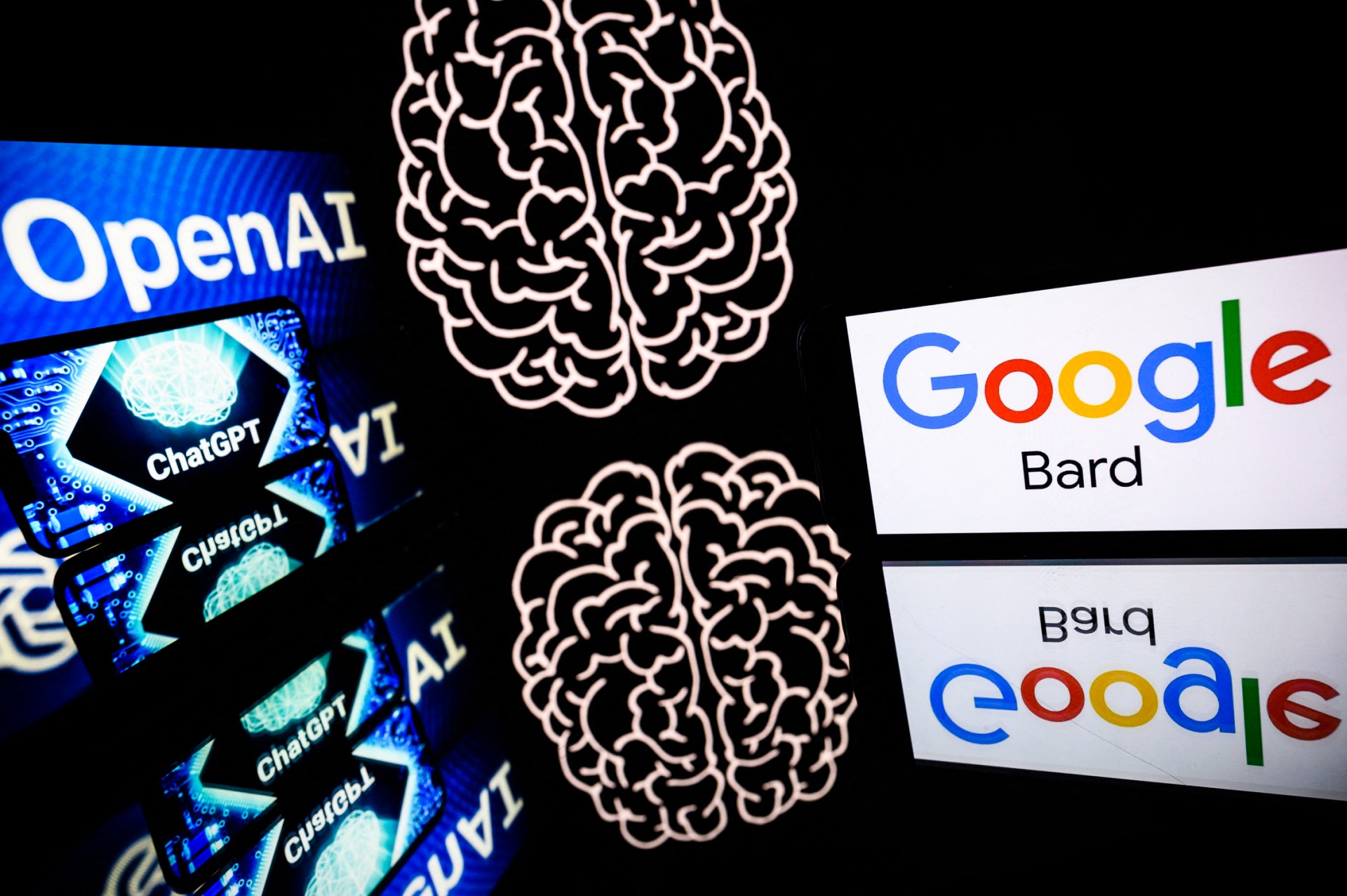Artificial intelligence (AI) has the potential to solve some of today’s most pressing societal challenges – from climate change to healthcare disparities – but it could also exacerbate existing inequalities if not developed and deployed responsibly.
The rapid pace of AI development, growing awareness of AI’s societal impact and the urgent need to harness AI for positive change make bridging the ‘AI divide’ essential now. Public-private partnerships (PPPs) can play a crucial role in ensuring AI is developed ethically, sustainably and inclusively by leveraging the strengths of multiple stakeholders across sectors and regions.
Why is bridging the AI divide important now?
1. Rapid advancements in AI
The development of AI technology is accelerating at an unprecedented rate, with new breakthroughs emerging regularly. This rapid progress makes it challenging for regulators, policymakers and tech companies to keep pace, raising concerns about unintended consequences with far-reaching societal impacts.
2. Growing awareness of societal Impact
There is increasing recognition that AI, if left unchecked, could perpetuate and amplify existing biases.
3. Urgent need to harness AI for good
The world faces significant challenges: climate change, poverty and healthcare disparities. AI holds great promise to address these issues, but it requires deliberate efforts to steer its development towards the social good. Otherwise, profit motives might overshadow the needs of people and the planet.

The role of public-private partnerships in AI development
To bridge the AI divide effectively, collaboration among governments, private companies, civil society and other stakeholders is crucial. PPPs unite these stakeholders’ strengths to ensure AI is developed ethically, sustainably, and inclusively.
1. Bridging the resource and expertise gap
By combining public oversight and private innovation, PPPs bridge resource and expertise gaps. Governments offer funding, regulations and access to public data; companies contribute technical expertise, creativity and market solutions. This collaboration accelerates AI technologies for social good.
Singapore’s National AI Strategy 2.0, for instance, exemplifies how PPPs drive ethical AI development. By bringing together over one hundred experts from academia, industry and government, Singapore is building a trusted AI ecosystem focused on global challenges like health and climate change. Empowering citizens and businesses to use AI responsibly, Singapore demonstrates how PPPs create inclusive AI systems, serving as a model for others.
2. Fostering cross-border collaboration
AI development is a global endeavour, but countries vary in expertise and resources. PPPs facilitate international knowledge sharing, technology transfer and common ethical standards, ensuring AI benefits are distributed globally, rather than concentrated in a few regions or companies.
3. Ensuring multi-stakeholder engagement
Inclusive AI development requires involving not just public and private sectors, but also civil society organizations and local communities. Engaging these groups in PPPs brings diverse perspectives to AI design and deployment, integrating ethical, social and cultural considerations from the start.
These approaches underscore the value of PPPs in driving AI development through diverse expertise, shared resources and international collaboration.
Addressing AI bias and inequality through PPPs
1. Developing ethical guidelines and auditing mechanisms
If trained on biased data, AI systems can unintentionally reinforce societal biases. The public sector sets ethical standards and regulations for AI development, ensuring accountability and transparency. The private sector adopts these guidelines by integrating ethical practices into AI design and implementing auditing tools to detect and correct biases. Collaboratively, they ensure AI systems are fair and inclusive, preventing discrimination and building public trust.
2. Promoting equal access to AI technologies
Access to AI often mirrors existing inequalities, with advancements concentrated in certain languages and regions. PPPs can address this disparity by investing in infrastructure, research and development in underrepresented areas. These partnerships support initiatives that make AI tools more accessible to marginalized communities, preventing further marginalization due to technology gaps.
4. Enhancing AI literacy and skills training
As AI integrates into various sectors, AI literacy and skills training become crucial for employees, policymakers and the public. PPPs can support educational programmes, training initiatives and awareness campaigns, ensuring a wider segment of society benefits from AI and can participate in the AI-driven economy.
Leveraging AI for sustainable solutions
1. Promoting energy efficiency and sustainable infrastructure
AI’s high energy consumption is a growing environmental concern. The public sector creates policies and incentives for energy-efficient AI technologies and invests in renewable energy infrastructure. The private sector develops and adopts energy-efficient AI solutions and implements sustainable practices, like optimizing data centres and using renewable energy sources. By collaborating, they establish standards for sustainable AI infrastructure, encouraging green practices and reducing environmental impact.
2. Driving innovation in climate change mitigation
By promoting equitable, unbiased AI, the public sector enforces sustainability regulations, and the private sector develops eco-friendly AI technologies. Through public-private partnerships, AI can benefit both society and the planet.
A collective endeavour for ethical and inclusive AI
Bridging the AI divide requires urgent, coordinated efforts from governments, businesses and civil society. PPPs provide a powerful framework to combine strengths from each sector: regulatory insight and public interest from governments, technical innovation from the private sector and ethical oversight from civil society. By prioritizing ethical, sustainable, inclusive AI development, we can harness AI’s transformative potential to address global challenges without exacerbating inequalities.
Ensuring AI serves all of humanity is not just an ideal but a necessity. By collaborating through PPPs, stakeholders can ensure AI advances responsibly, equitably and for the greater good, helping to build a more just and sustainable future for everyone.
The author, Rohan Sharma, is the Global Head of AI and Analytics at ZenoLabs.AI and is an award-winning executive, author, and TEDx Speaker. Former product leader of Apple and Disney, Sharma also serves as a Stanford Seed consultant and a board member for Harvard Business Review. The views and opinions expressed in this Op-Ed are solely those of the author and do not necessarily reflect the official policy or position of TRENDS.
This Op-Ed was first published by the World Economic Forum.

